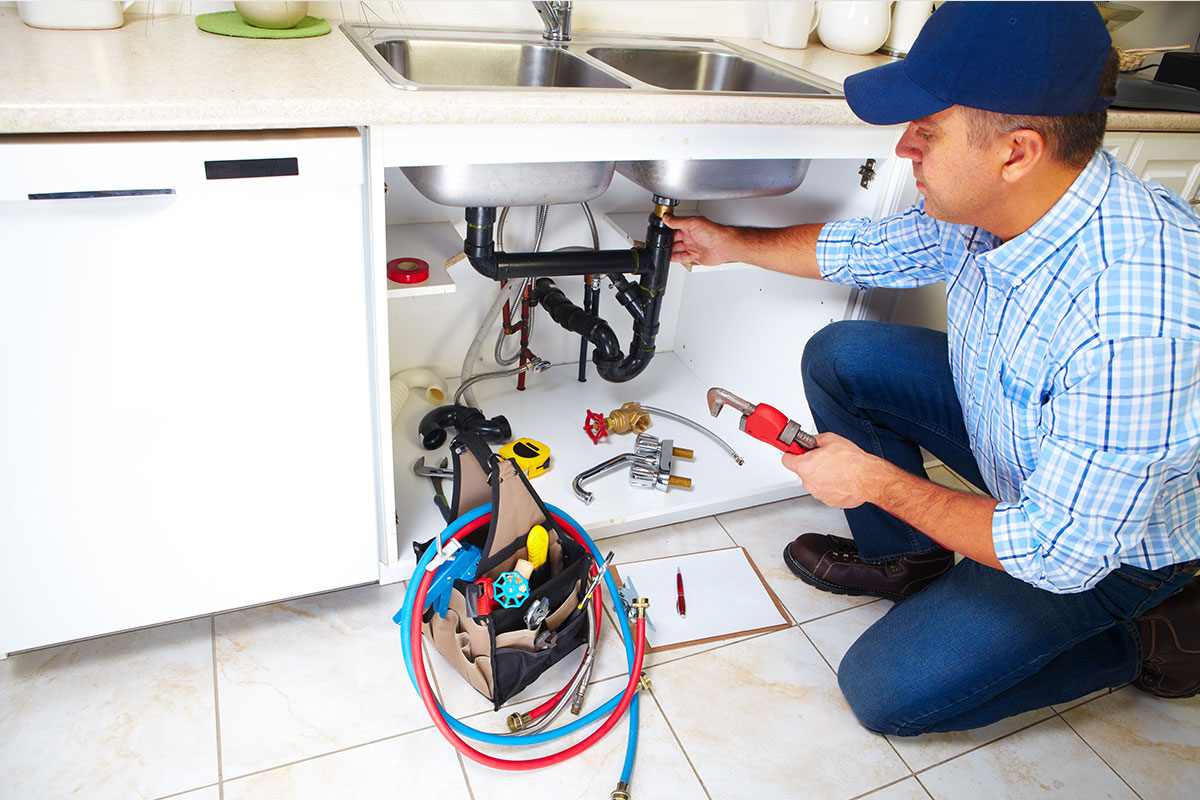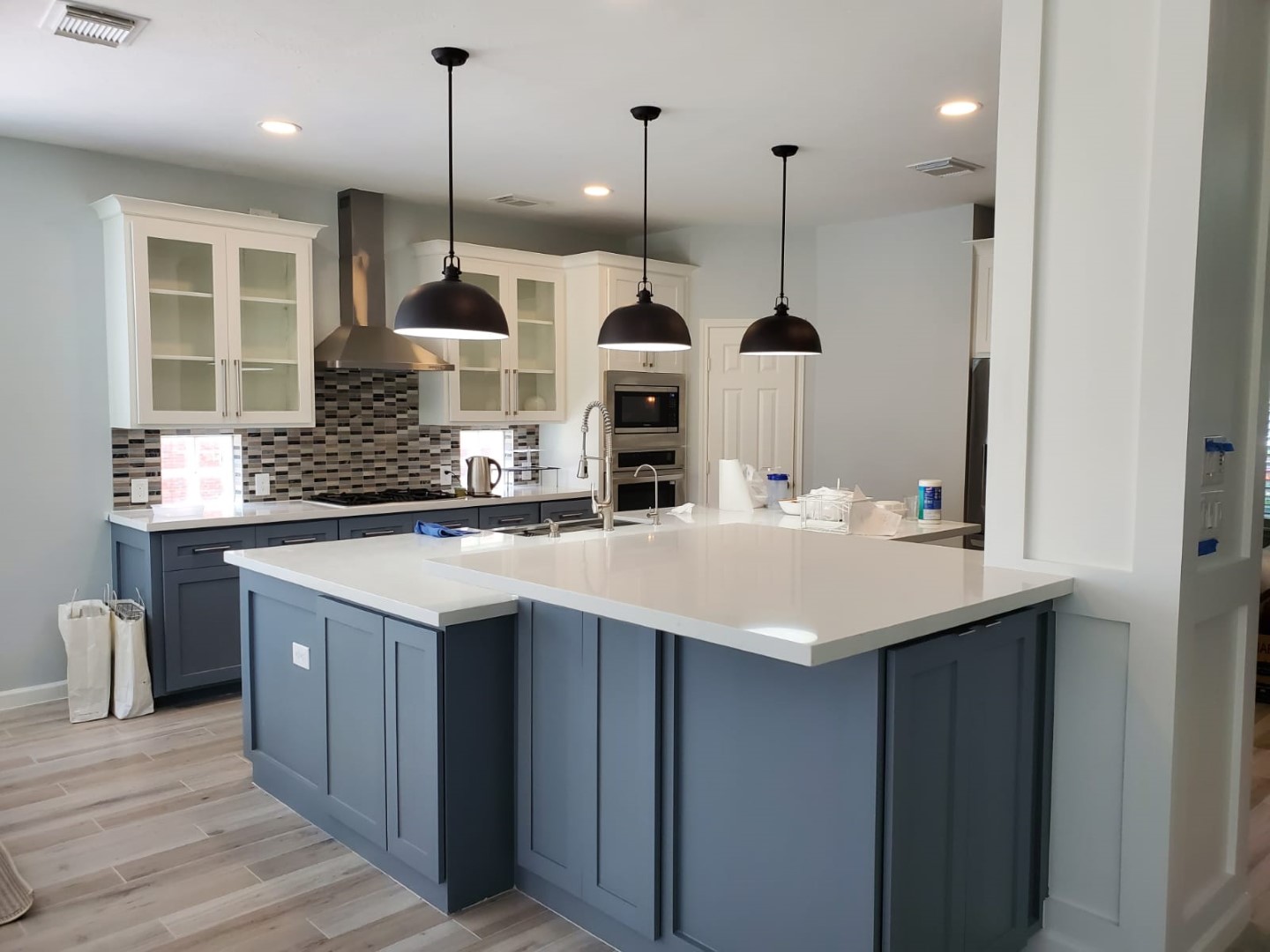Cracked pipes can cause a range of issues and should be addressed promptly to prevent further damage. Here are some common signs and situations when you might have a problem with cracked pipes:
-
Visible Cracks: If you can visually see cracks or fissures in your plumbing pipes, it’s an obvious sign of a problem. Inspect exposed pipes in your basement, crawl space, or under sinks for any visible damage.
-
Water Leaks: One of the most common signs of cracked pipes is water leaks. Look for water spots, dampness, or puddles around pipes, walls, ceilings, or floors. Leaking pipes can waste water, lead to water damage, and encourage mold growth.
-
Decreased Water Pressure: Cracked pipes can restrict water flow, leading to decreased water pressure in your faucets and fixtures. If you notice a sudden drop in water pressure throughout your home, it could be due to a cracked pipe.
-
Water Discoloration or Odor: Cracked pipes can allow contaminants to enter the water supply. If you notice a change in water color, such as brown or rusty water, or detect strange odors or tastes in your tap water, it could indicate a cracked pipe.
-
Higher Water Bills: Unexplained increases in your water bills may be a sign of a hidden water leak caused by cracked pipes. Even a small, continuous leak can add up over time and result in higher utility costs.
-
Mold or Mildew Growth: Cracked pipes can lead to moisture buildup in walls and ceilings, providing an ideal environment for mold and mildew growth. If you notice moldy or musty odors or visible mold growth, it may be related to plumbing issues.
-
Foundation Problems: Cracked pipes beneath or near your home’s foundation can cause structural problems over time. Signs of foundation issues include cracks in the foundation walls, uneven floors, and doors or windows that no longer close properly.
-
Unexplained Noises: If you hear unusual sounds, such as hissing, gurgling, or banging, coming from your plumbing system, it could be due to water escaping from cracked pipes.
-
Frequent Clogs or Slow Draining: Cracks in drainpipes can lead to blockages and slow drainage. If you experience frequent clogs or slow drains, it may be a sign of cracked sewer or drain pipes.
-
Age of Plumbing: Older homes with aging plumbing systems are more susceptible to pipe deterioration and cracking. If your home has outdated pipes, it’s a good idea to have them inspected regularly.
When you suspect cracked pipes, it’s essential to address the issue promptly to prevent further damage and costly repairs. Consult a licensed plumber to inspect and diagnose the problem. Depending on the severity and location of the cracks, repairs may involve pipe patching, pipe replacement, or relining with epoxy resin. Ignoring cracked pipes can lead to extensive water damage, mold growth, and structural problems, so early intervention is crucial.


